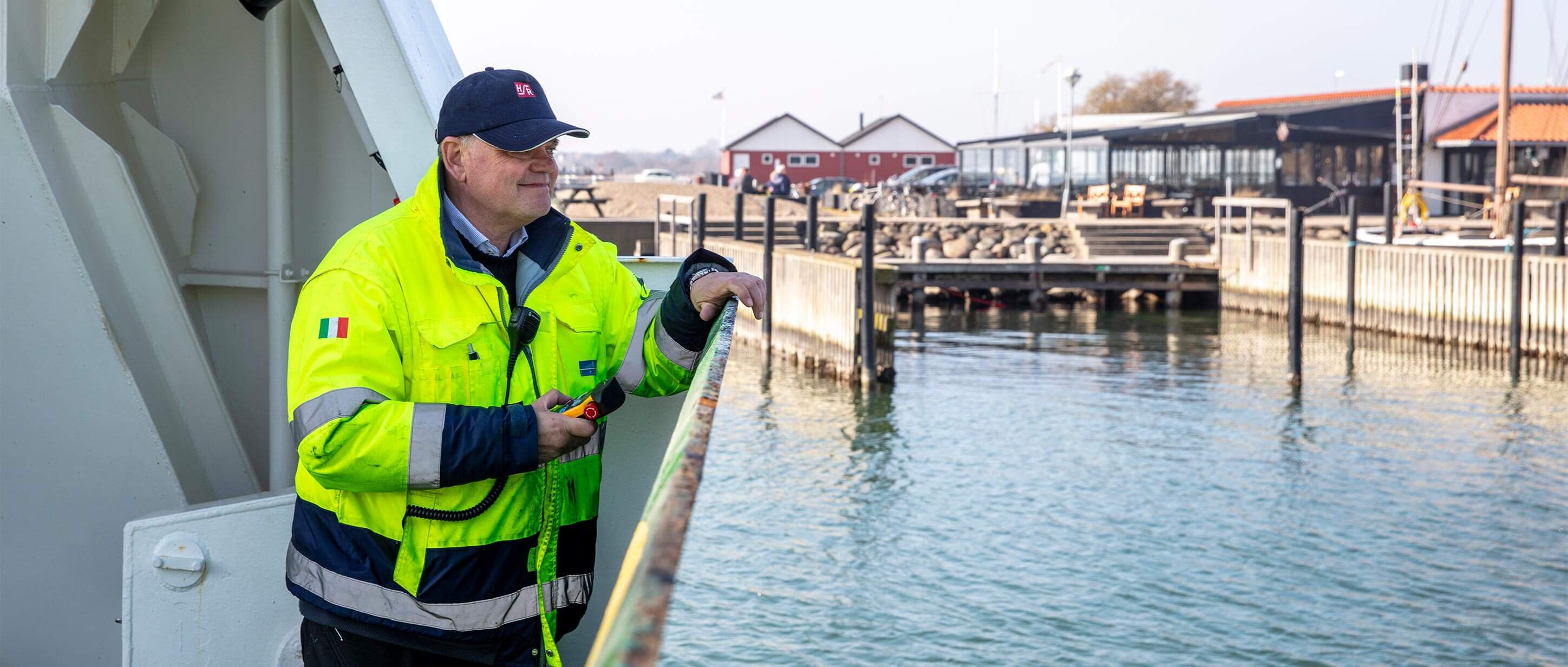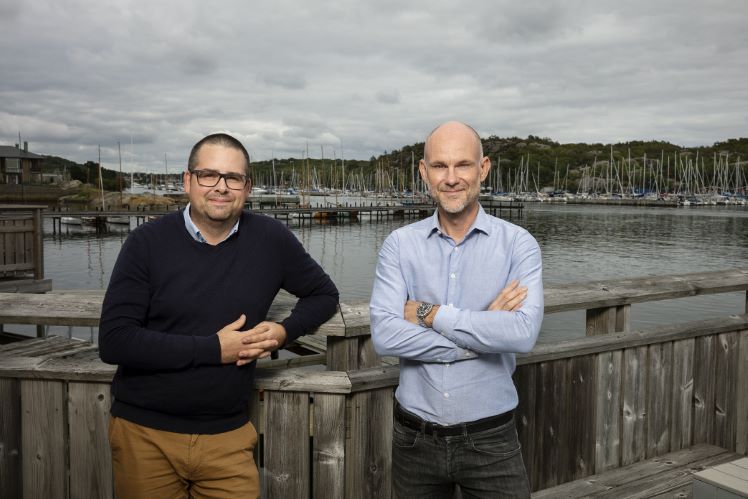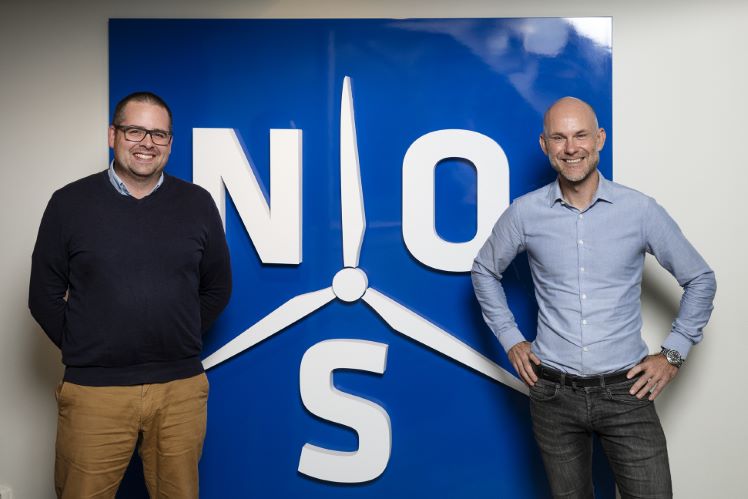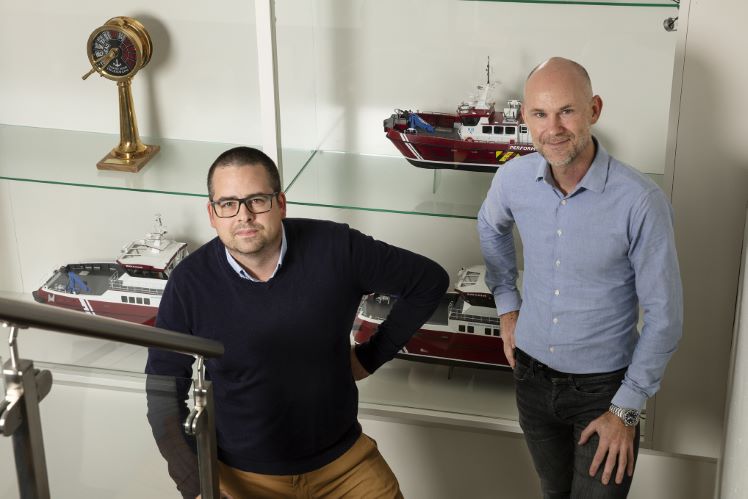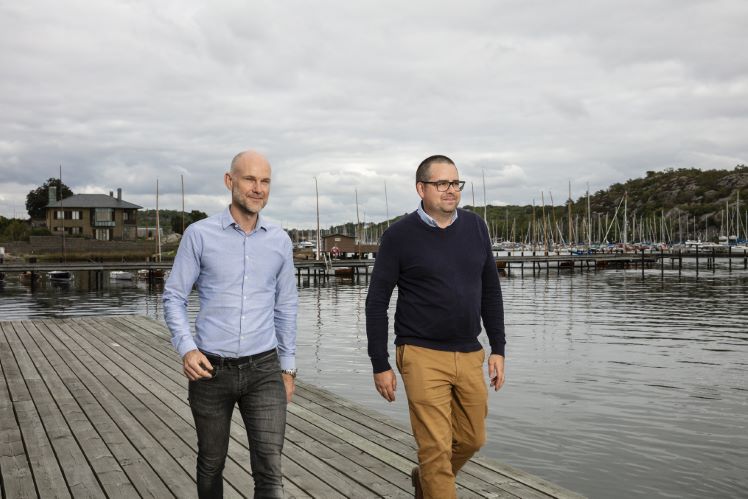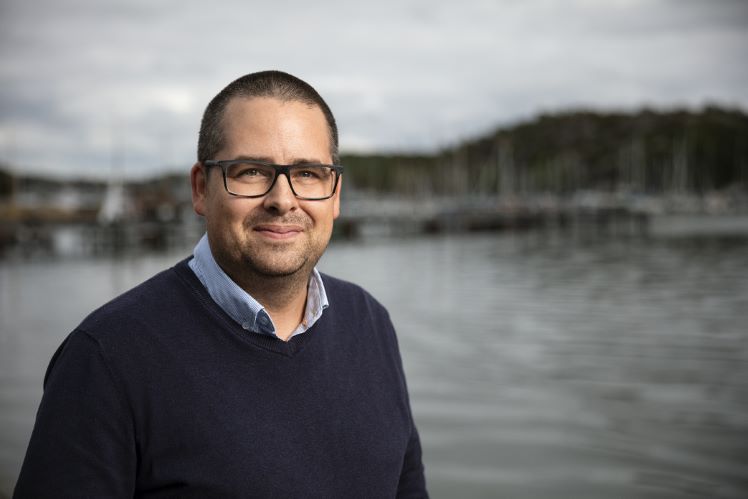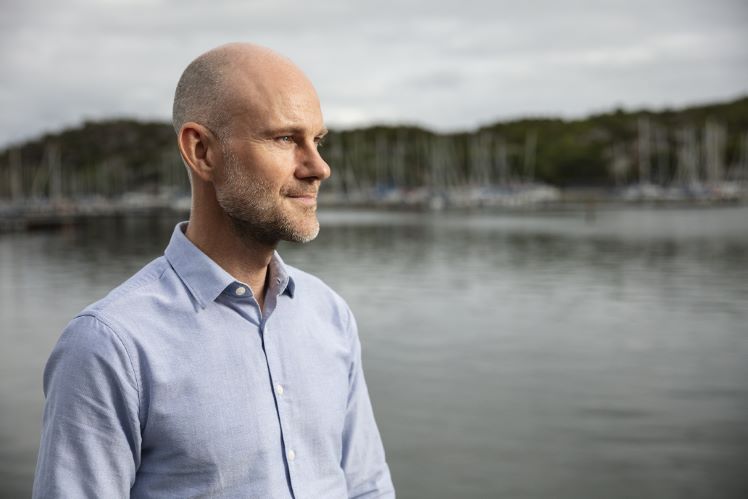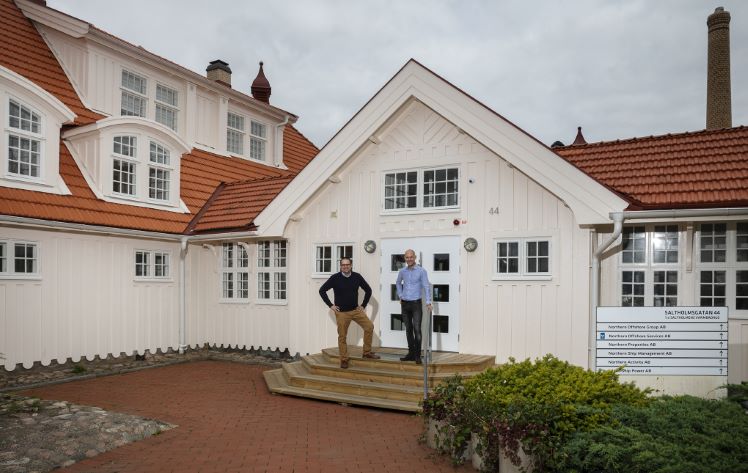For shipping company Northern Offshore Services, safety is part of a well-functioning culture, balancing the company's own focus on profitability, the commercial aspects from the customers and working proactively in the field. Also, remember to have fun together.
When the cargo is people, the boats small and the waves big, safety is something you build your business around. That, at least, is the approach of shipping company Northern Offshore Services (N-O-S), whose Health & Safety Policy "is integrated into the company's overarching strategy, management, governance, planning and reporting."
N-O-S is part of Northern Offshore Group, which in addition to the ambulance boat M/V Rescuer, which UFDS has been on deployment with, operates around 65 so-called crew transfer vessels serving the international offshore wind industry by transporting personnel between shore and offshore wind farms. On an annual basis, N-O-S has around 200,000 transfers.
N-O-S as a company is only 15 years old but based on more than 100 years of traditions and experience within shipping. The company started on the island of Donsö in the Gothenburg archipelago, where the founders, seafarers themselves, have their roots. As the company quickly outgrew these facilities the headquarters were moved into the mainland, although still in the coastal community.
Here, UFDS has paid N-O-S a visit to talk about the nature of safety in the organization and how to prioritize working safely in an everyday life where both customers and working conditions make great demands.
To report on this, we meet HSSE-Q Manager Peter Franklin and his team colleague, Senior HSSE-Q Officer Robert Felixon. As Head of Security (CSO) and DPA (designated person ashore), Peter Franklin has the overall responsibility for the safety initiatives at N-O-S, where he has been employed for eight years.
Like many others at the headquarters, he is himself boasts a maritime education as a master mariner and has previously sailed for Stena Line, ACL and PGS before going ashore to work with HSEQ.
»There is a great focus on safety in the industry, and we have become more numerous in this area here at the office. We provide a lot of support for our seafarers; we operate with small crews on our ships, so we try to create a system that relieves them of the tasks, and we support them so that they can carry out their work in a safe way,« Peter Franklin says.
Specifically, N-O-S has a handful of vessel management teams (VMT), each responsible for a certain number of boats, encompassing several different links for communication and support with crew and customers alike.
Attempts to be pragmatic and practical
Northern Offshore Services, whose Danish office has recently moved to Kastrup after an initial stint in Esbjerg, has major growth plans and currently four new boats under construction. To this end, the structure of the VMTs is an advantage, as Peter Franklin points out, because it helps to define how and at what pace new people should be hired, both on land and at sea.
In addition, the small teams are a good option for seafarers who are considering going ashore, as they can continue working on technical, safety or similar aspects, as well as become an important link between office and ships.
»It's great to have these skills on land, because if a problem arises, you can understand it in a completely different way than if you've never seen a boat before," Robert Felixon says.
Felixon, a trained sailor himself going ashore in 2019, is coming up on 11 years with N-O-S, now also serving as Deputy DPA/CSO. In doing so, he helps to continue not only the office's highly valued hands-on knowledge of everyday life on the boats, but also the distinctly pragmatic approach to safety that the shipping company aims for.
»It's very easy in this world of administration and documentation to lose focus on the practical and the important stuff. As the person responsible for overall safety, I constantly remind everyone to be pragmatic. The most important thing is what you do and how you judge the situations you're in," Peter Franklin says.
»As important it is to have governing documents and policies and risk analyses and procedures in place, it cannot become widespread and unmanageable on a level that impairs practical security. So, we try to be pragmatic in our work in N-O-S, and this is probably due to the fact that most of us who work on land are sailors ourselves and have sailed,« he elaborates.
After nine years on land, Peter Franklin makes an effort out of surrounding himself with people who have been at sea more recently, so that they can remind him of the state of things on the boats and thus support him in key decisions, which he points to as an important aspect of safety. In addition, he has many vessel visits as part of his work.
»It's easy to hang up nice posters, but you have to be able to follow up in real life. So, it's a balance you need to challenge once in a while, in order to ensure the right amount of documentation at the right level,« Robert Felixon says.
»We preach taking responsibility and making decisions about your own safety and that of others, and that you have a mandate from the shipping company to do so if the situation requires it. That's very important for those of us sitting here; we are here for the sailors, they are not here for us, but it is easy to think the opposite when we need our statistics and data and documentation, and then we disrupt operations,« Peter Franklin adds.
Working with positive leadership
Amid all the serious talk about safety and having the right knowledge in the right positions, Peter Franklin injects a rather consideration into the mix, namely that you also need to 'keep it cool’. Having fun is thus a specific element high up on N-O-S' agenda, he says.
»We have even included it in our target framework; in connection with our basic development targets, it says: 'Have fun', so that's a message we're also spearheading,« Peter Franklin says.
Among other things, this is something that new employees are told when shown around the office, where they also get the opportunity to greet the owners and department managers. Peter Franklin himself is part of the management team together with representatives of all the VMTs, which the new people meet when they start.
»We try to have a fairly flat organization, where the managers don't sit on a pedestal, but rather roll up their sleeves and pitch in, even the owners and our managing director. We respect each other, and it's a good atmosphere to work in because you feel supported,« Peter Franklin says.
Working specifically with HSEQ, they utilize what Peter Franklin refer to as 'some classic tools', most recently with a strong focus on navigation and being aware of the situation when navigating.
Through a campaign about 'Safe Navigation and Bridge Routine', people from N-O-S have visited the ships and seen film clips of incidents where the captains involved have presented their take on the events and how it felt to be part of the incident.
Against this background, the company formed a dialogue with the other captains on how they work with safe navigation, perhaps offering some tips on how they can improve the effort.
»So, we try to work a little more proactively and look at what we do well in the company. We try to work a lot with positive leadership instead of focusing too much on the negative. Thus, we share the good things so we can have a discussion about them and people can learn something,« Peter Franklin says.
Always the captain's call
When ordering new boats, which happens regularly at the moment, Northern Offshore Group look a lot at learnings from previous new builds, where mistakes were made, so that they do not make the same mistake again. On top of that, the company actively try to build away from various risks, Peter Franklin explains.
»It can be through the design of a transfer area, working with the view from the bridge, the placement of radar and other things. The development happens all the time, also in collaboration with the suppliers, who themselves work with design and engineering controls around safety,« he says.
With 65 existing ships in the fleet, it almost goes without saying that not everyone does everything exactly the same way. Rescuer is obviously special in itself, but not all documents are the same on all vessels. The overall policy and other generic things are standard, but procedures can vary.
»There are a number of vessel-specific issues, for example about how to handle a blackout or acute technical problems that we tailor to the individual boat. We can also see differences depending on where we work, but a transfer to a wind turbine is usually quite standard,« Robert Felixon says.
The decision on how to carry out a specific task always lies with the captain, Peter Franklin emphasizes. This is something the company has in writing, so if the captain deems the situation unsafe, or fears a serious incident, he has the 'overriding authority' to say stop.
»We need to always trust each other and trust that we are doing our best all the time. It's not just a platitude, it's really something we live by in the company, and something we talk about on a daily basis,« he says, the latter referring to the strategy BEST365, where the T stands for 'Trust'.
It's about instilling the right safety mindset, he continues, instead of building a culture where everything is micro-managed from the office, resulting in people that stop thinking for themselves. People need to take responsibility within certain guidelines, from which one has the right to deviate if one judges that it is necessary in a given context.
»The most important thing for the safety of a ship is to have a competent and committed crew. It's the people who are the safety, so the combination of skills and mindset is what counts,« Robert Felixon says.
Profitability at the helm
In addition to the fact that security must of course be top notch, N-O-S does not hide the fact that the company needs to make money. The big task is thus to balance profitability with safe operations, because then you have a successful business, Peter Franklin says.
»It says 'Safety First' on a tanker, but you can't just focus solely on safety, because in the end the boat just sits there, and nobody dares to do anything because there are too many risks. After all, we take risks every day driving or walking down the road; it's about controlling them," he says.
The objective therefore is a culture where people dare to speak their minds and where management listens and finds a way forward keeping the company afloat financially. The B in BEST365 stands for Business Minded, which needs to be part of the equation – 'if you don't make money, you can't heighten security', as Robert Felixon states.
Out on the boats, focus must of course be on the daily operations, Peter Franklin maintains, and on arriving at the right pace. This, however, is more often than not a balance between safe operations and the commercial pressure in the industry, which can be substantial.
When the large energy companies are in the process of constructing a wind farm and perhaps have been a little delayed, pressure can easily arise from those responsible for the construction.
»This can leave the crew in a pinch, because dare they say no, and what about making money and do we lose the job and so on. My department is super important in this regard because we have the relationship with our seafarers that can contact us in such situations to let us know if they feel pressured," Peter Franklin says.
Transparency to provide trust
The commercial pressure is among the biggest challenges N-O-S faces, underlining the importance of smooth cooperation with the customers hopefully keeping them satisfied. This requires good, comfortable and not least available vessels, and a good relationship with both crews and technicians.
»We want it to feel a little special when a burgundy N-O-S boat with the white lines arrives. People should preferably think 'it's a good boat, it's safe and secure, we can trust our people with this vessel and have them back in the same shape as when they left',« Peter Franklin says.
»And then once in a while you have to make a decision and say no if you're at your limit. And not everyone has the same limit. I haven't been at sea for nine years, so my limit is somewhat different from Roberts, who came ashore more recently. I have to think about that. I can’t assume that all captains will make exactly the same choices; People are different,« he continues.
From an N-O-S perspective, the priority is thus to create a culture in which everyone – also in case of accidents – is honest and transparent about what has happened (or almost happened), building and reinforcing trust between land and boats. This is also how one can learn from the incidents that happen or comes close.
»We have some internal training surrounding crane operations, and we always start off by showing some video clips of incidents or near misses to say: "That's why we have the training." These images stay in people's minds, creating another type of attention throughout the course,« Peter Franklin says.
In conclusion, he emphasizes that N-O-S has an "incredibly good record" when it comes to accidents at work, and that, for example, the company hasn’t seen a single serious accident in the last three years resulting in absenteeism, and only a few incidents that have required minor treatment.
»It goes to show that our culture works in reality; that people take personal responsibility and are encouraged to do so. We can see in black and white that it works, and we are immensely proud of that statistic, including the seafarers, because they are what it’s all about.«



